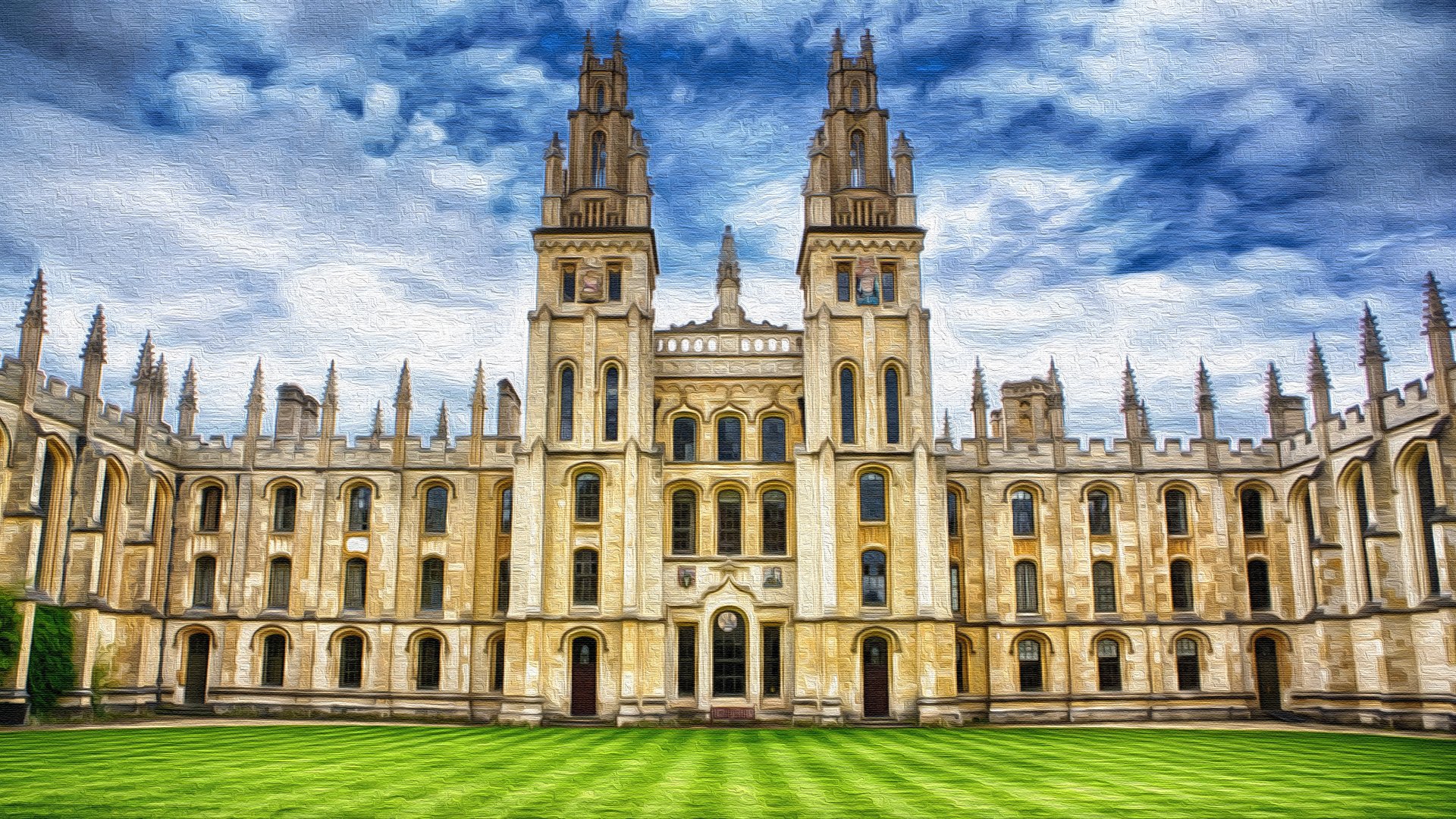The Crisis of Mediocrity in Nigerian Tertiary Education
In a world where academic excellence is the cornerstone of global competitiveness, the admissions standards for Nigerian universities and other tertiary institutions continue to reflect an alarming level of mediocrity. This situation raises serious concerns about the quality of education being offered and the long-term implications for Nigeria’s development.
At the 2025 Policy Meeting on Admissions held in Abuja, key stakeholders such as the Minister of Education, JAMB authorities, vice-chancellors, and heads of tertiary institutions reached a consensus on the minimum admission scores for different types of institutions. For universities, the threshold was set at 150, while nursing schools required a minimum of 140, and polytechnics and colleges of education accepted candidates with a score of 100. This is a marginal increase from the previous year, when the university threshold was 140.
Despite some proposals from vice-chancellors to raise the threshold to 160, the final decision fell short of what many experts consider acceptable. These marks, which are far below the maximum obtainable score of 400, undermine the credibility of institutions that are crucial to Nigeria’s development and its place in the global academic landscape.
Historically, the tolerable minimum admission marks have fluctuated but were generally higher. In 2016, the highest approved mark was 180. However, since then, the thresholds have varied significantly, including 120 in 2017, 160 in 2019 and 2021, and mostly 140 from 2022 to 2024.
The data shows that a large percentage of candidates consistently score below 200 out of 400. In 2016, 64.24% of candidates scored below 200, rising to 87.2% in 2021, and hovering around 76-79% in recent years. This persistent underperformance stands in stark contrast to the competitive standards of previous decades, particularly up to the 1980s, when students demonstrated strong performance and university admissions were fiercely competitive.
Comparing this to other countries reveals a clear gap. In the United Kingdom, university admissions are reserved for candidates with strong academic records, typically through A-Levels or equivalent qualifications. Similarly, in the United States, university entry requires a high school diploma or equivalent with a strong academic record, often a GPA of 2.5 to 3.0 on a 4.0 scale.
The current policy meetings on admissions conflict with the principle of university autonomy. Many stakeholders in Nigeria’s higher education sector seem driven by the mistaken belief that access is the essence of university education, leading them to approve low tolerable marks. This approach prioritizes quantity over quality, resulting in a flood of half-baked and unemployable graduates.
Government policies have further exacerbated this issue by creating an overdependence on certificates. The neglect of technical and vocational education, along with the failure to make polytechnics and colleges of education attractive, has placed undue pressure on universities. Urgent efforts are needed to create opportunities for candidates to find spaces in institutions that can develop their talents, skills, and competencies.
One major concern is the overreliance on tuition fees. Globally, universities attract funding through grants, endowments, corporate partnerships, research patents, alumni support, and more, not just school fees. This model needs to be adopted in Nigeria to ensure sustainable growth and development.
Nigeria currently has 297 universities, comprising federal, state, and private institutions. Given this number, the lopsided admissions challenge that JAMB was created to solve should now be manageable. Higher institutions should be empowered to manage their admissions and other affairs independently so they can compete globally.
The government’s overbearing influence on education, under the guise of ownership and funding, is compromising progress. This has led to endemic challenges, including poor policies, lack of institutional autonomy, inadequate funding, insufficient infrastructure, unpaid salaries, and frequent strikes.
Many heads of tertiary institutions prioritize access over merit, often lowering tolerable admission marks just to fill seats. This approach undermines the ethos of academic excellence. Since its founding in 1978, JAMB has promoted policies such as “catchment area” and distinctions between “educationally advantaged” and “disadvantaged” candidates rather than pure merit. Consequently, candidates from certain regions with scores of 250 have been denied admission, while those from others with as low as 170 were admitted.
This politicisation of educational excellence must end. In a competitive global environment, merit must govern tertiary education admissions. Revitalising Nigeria’s higher education standards is imperative, given its strategic role as the merchant of knowledge. This requires a paradigm shift among all stakeholders complicit in the education rot. The country must embrace the principle of excellence in education.
The government should be deliberate in funding education and instituting policies that uphold standards and institutional autonomy, allowing higher institutions to compete globally. It should refrain from interfering in student admissions. Government policies must be complementary, not counterproductive. For instance, establishing NELFUND to provide loans for a handful of students as a replacement for TETFund reflects confusion and laxity.
Instead, the government should seek additional funding avenues to complement TETFund and invest more in tertiary education infrastructure. Moreover, Nigeria must move beyond the paltry 5-8 per cent of budget allocation to education and implement, for example, return to the defunct Western Region dictate of 35 per cent under Obafemi Awolowo.
Stakeholders must unite to eradicate mediocrity in higher institutions, making them globally competitive and nationally productive.







